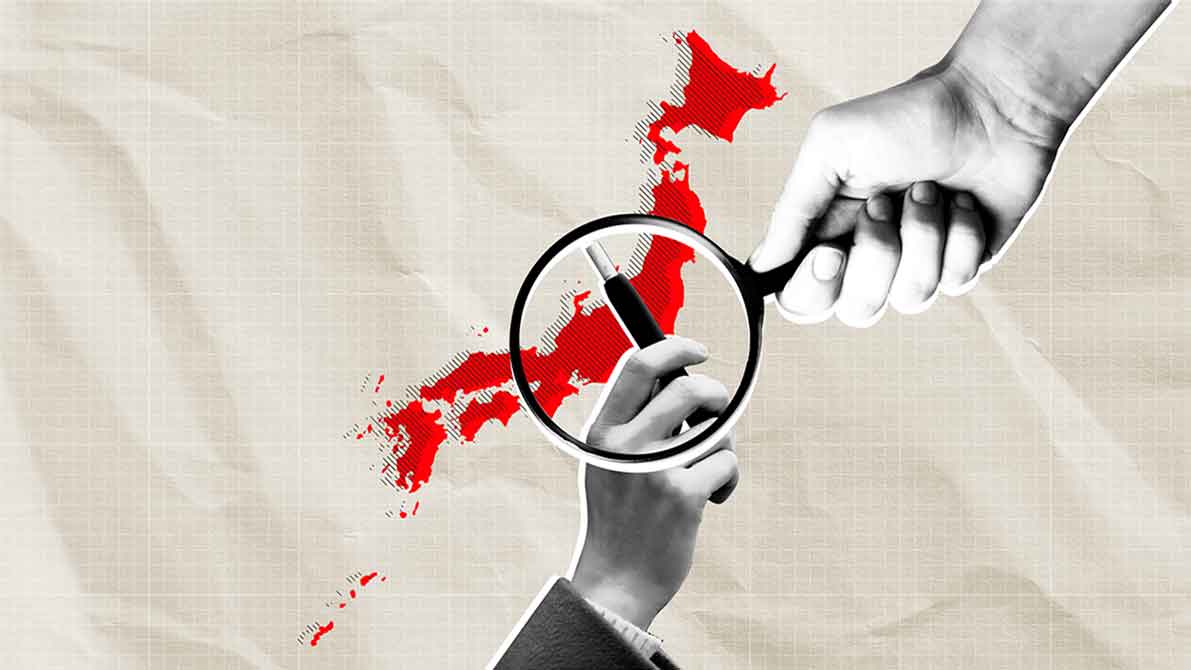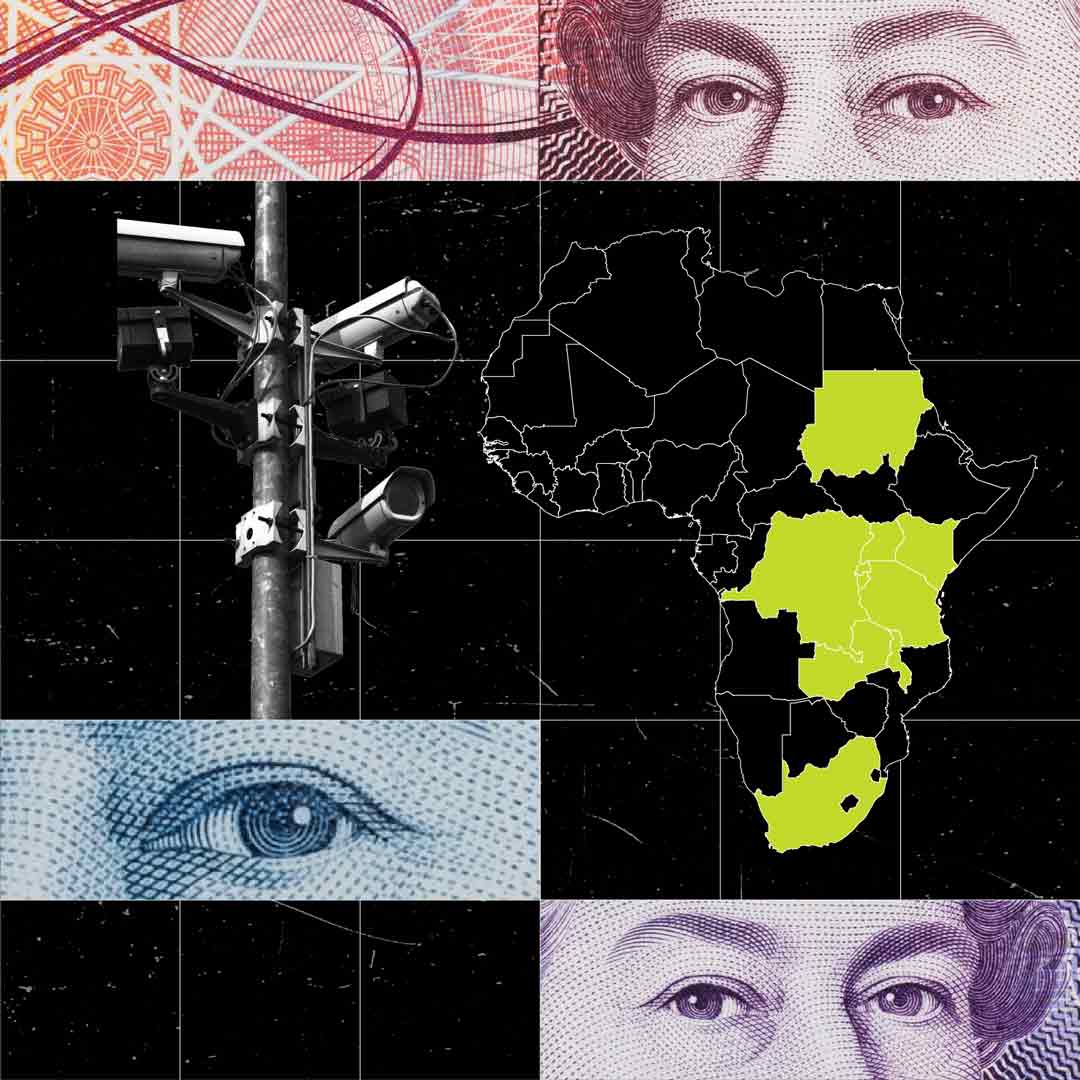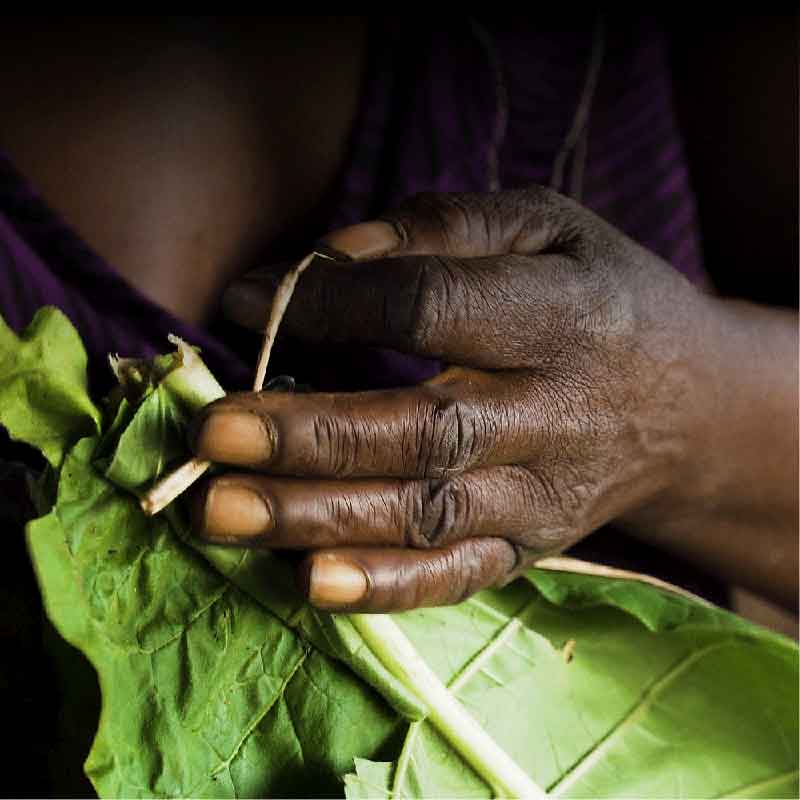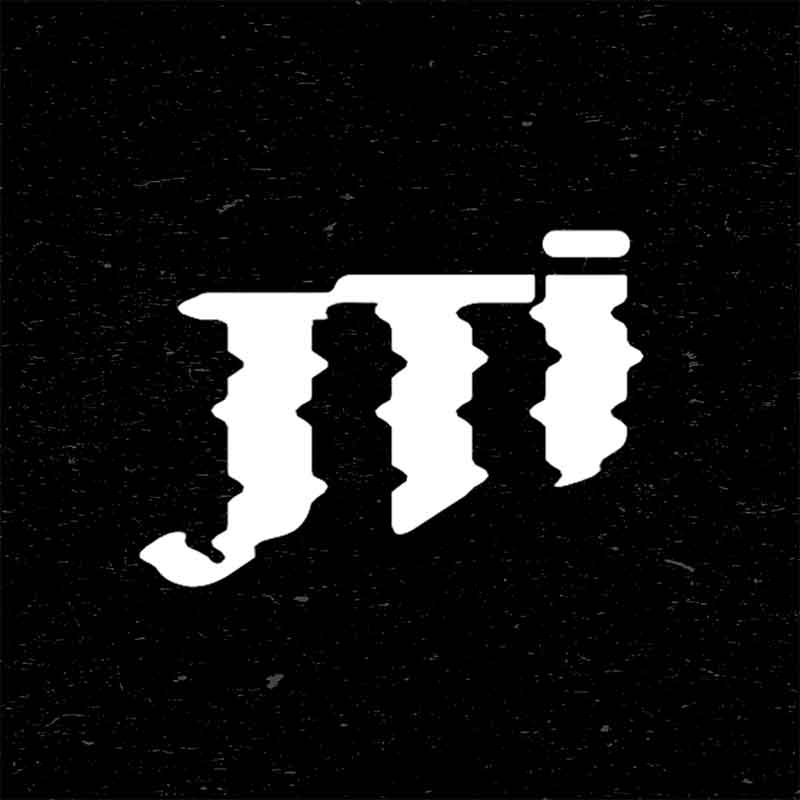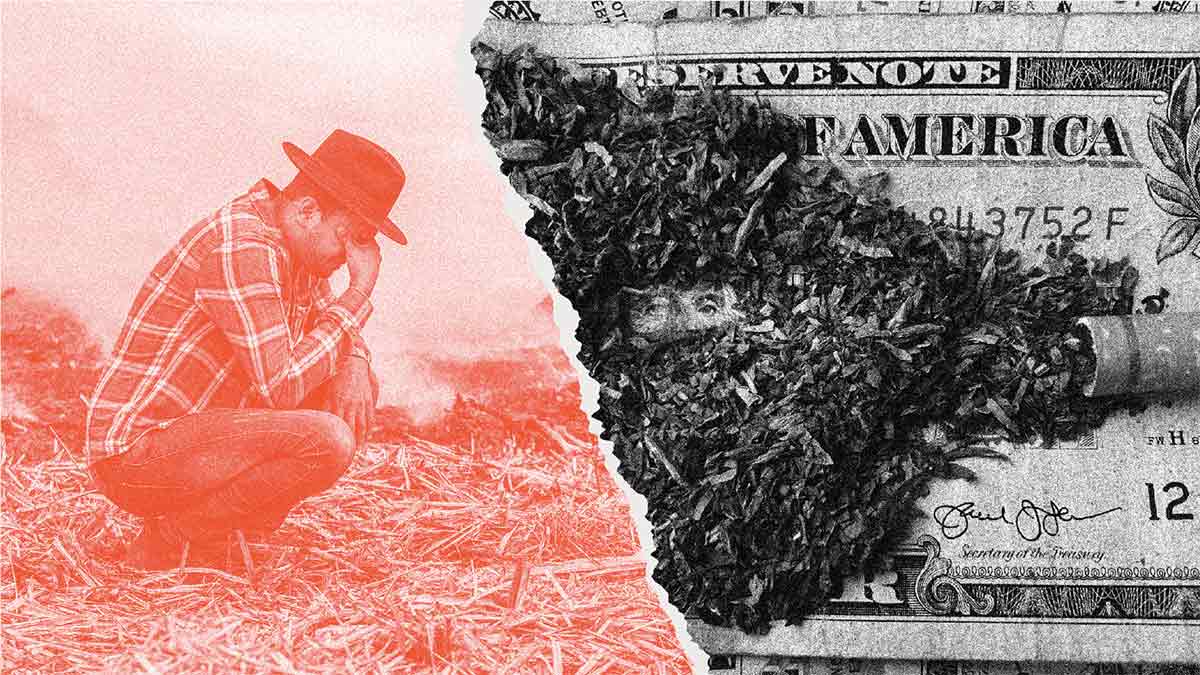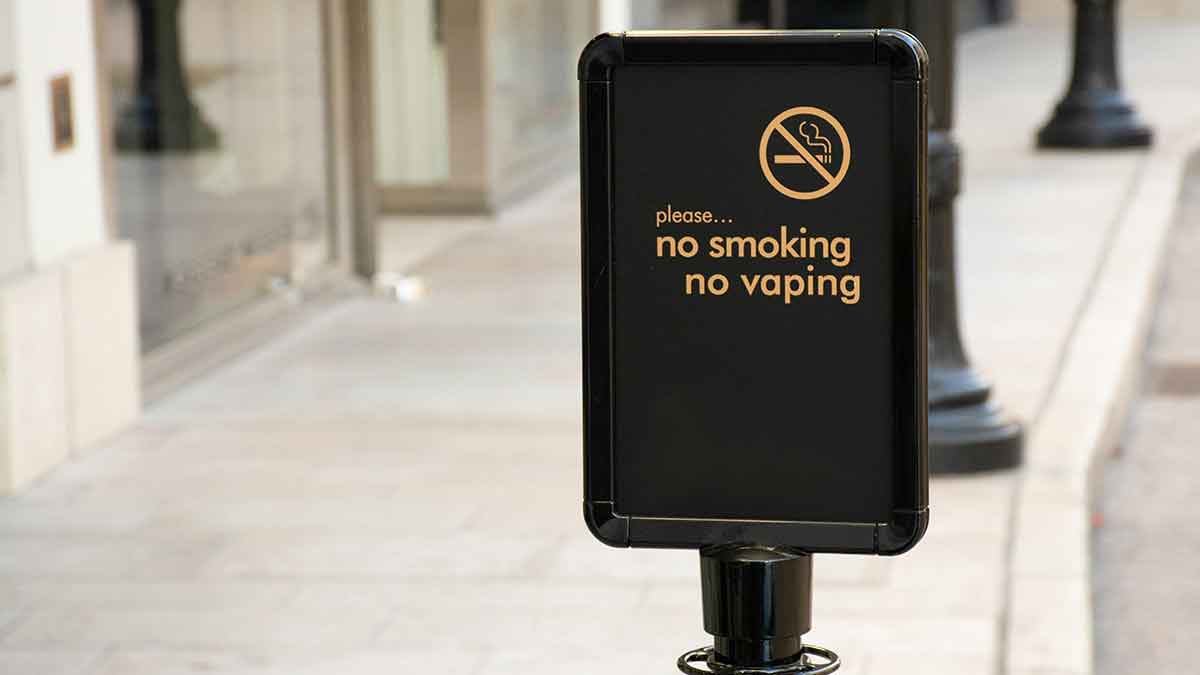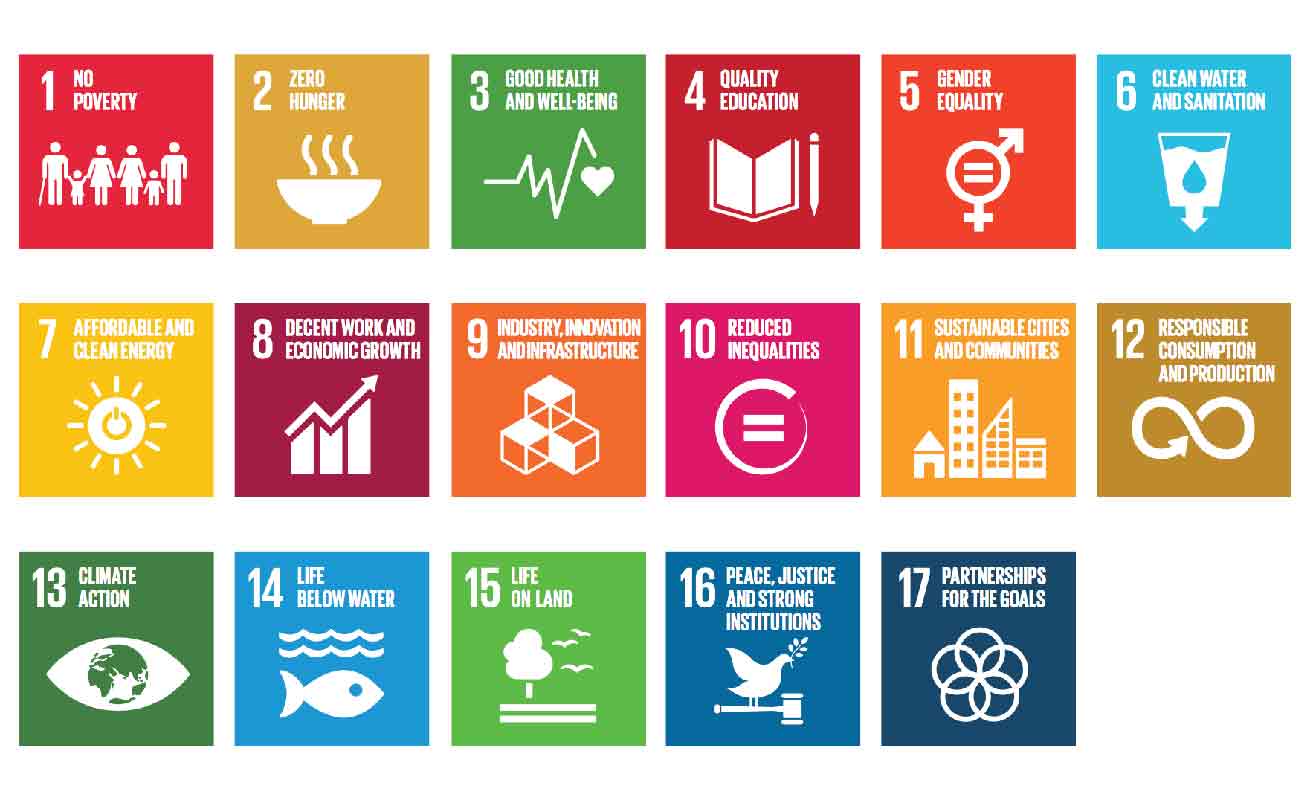- Resources
- News
-
-
Get Email Updates
Sign up for STOP's emails and never miss an update on our latest work and the tobacco industry's activity.
-
Get Funding
Ready to tackle industry interference? You could be eligible for a grant.
-
Share a Tip
Do you have information on tobacco industry misconduct in your country? Let us know.
-
Get Email Updates
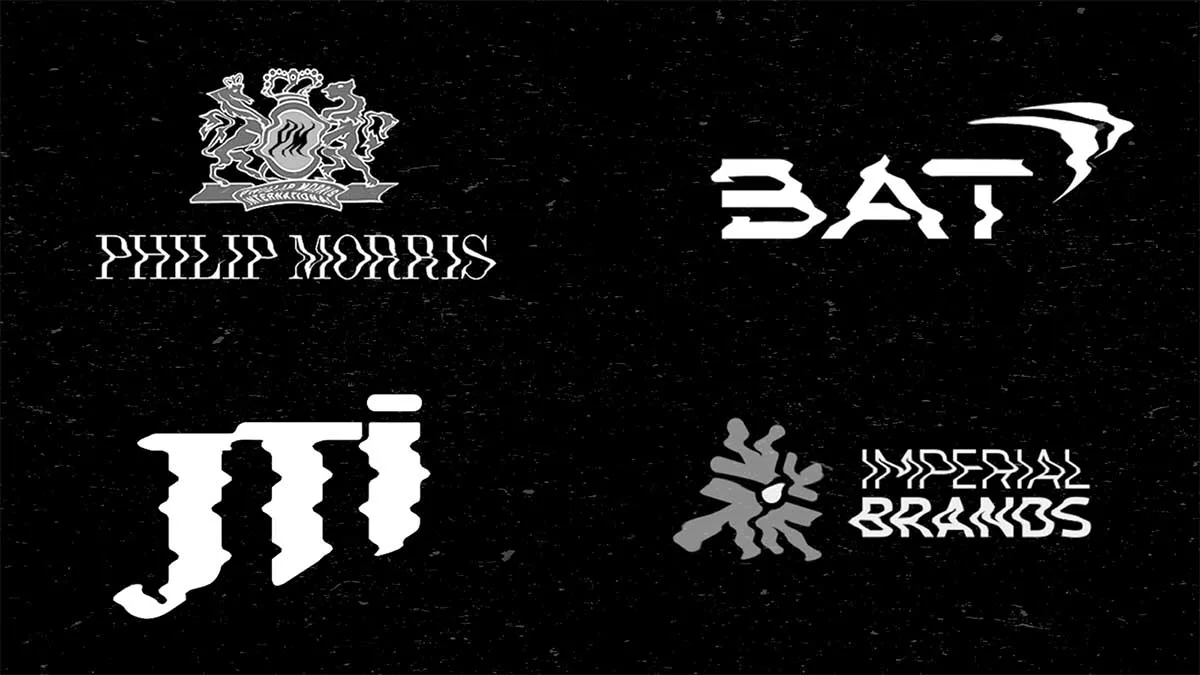
The short answer: “Big Tobacco” refers to the world’s four largest transnational tobacco companies: Philip Morris International, British American Tobacco, Japan Tobacco International and Imperial Brands. We also refer to these companies as the Big 4.*
The longer answer: The Big 4 and their subsidiaries, or branches of their companies that they operate around the world, are the force behind the tobacco epidemic that currently kills more than 8 million people every year. While the world spends trillions on tobacco-related costs, the Big 4 continue to rake in massive profits year over year. These companies don’t just attempt to fight tobacco control measures that could save lives. They help drive youth uptake of tobacco use, their products wreak havoc on the environment and—even though some claim to be moving away from cigarettes—continue to make, advertise and sell hundreds of billions of cigarettes every year. They’re the companies that keep the tobacco epidemic going.
To end the tobacco epidemic, we need to recognize these companies, counter their tactics and prevent them from meddling in life-saving policies. Here are brief introductions to each of the Big 4.
Philip Morris International
Headquartered in the United States and based operationally out of Switzerland and Hong Kong, Philip Morris International (PMI) is the largest transnational tobacco company in the world. Some of its most popular cigarette brands include Marlboro, Merit, Parliament, L&M and Chesterfield, among many others. In 2023, PMI held about 12% of the total global cigarette market, according to Euromonitor International.**
PMI leans heavily on its “smoke-free” narrative (while also boasting to investors: “We’re known for our global portfolio of leading cigarette brands.”). PMI is the sole funder of the supposedly “independent” Global Action to End Smoking (formerly FSFW), which evidence suggests is merely a front group for the tobacco industry and which appears to promote PMI-funded pseudo-science. The company is active in pushing for acceptance of IQOS, its flagship heated tobacco product (HTP), while also actively fighting the global health treaty, the World Health Organization Framework Convention on Tobacco Control.
British American Tobacco
British American Tobacco (BAT), based in the U.K., is the second-largest transnational tobacco company in the world. It owns brands such as Dunhill, Kent, Lucky Strike, Pall Mall, Rothmans and Newport. Euromonitor International reported that BAT held about 11% of the total global cigarette market in 2023.**
Similar to PMI, BAT tries to paint itself as a progressive, forward-thinking company. Despite the promotion of its new corporate tagline, “A Better Tomorrow,” and its many novel products (which it allegedly targets at youth), combustible cigarettes still account for the great majority of its business. The company is routinely called out for its particularly nefarious business practices. It stands accused of oversupplying cigarettes to aid in tobacco trafficking and perpetuating poverty among tobacco farmers as well as child labor in tobacco growing. The company is also currently under investigation for suspected sanctions-busting.
Tobacco brands by parent company
This list does not represent every brand in a company’s portfolio.
*U.S. distribution only.
Imperial Brands
Formerly known as Imperial Tobacco, Imperial Brands is the fourth-largest transnational tobacco company and is headquartered in the U.K. According to Euromonitor International, Imperial held about 3% of the total global cigarette market in 2023, selling brands including Davidoff, Gauloises Blondes, JPS, West, Winston and more.**
Although it has also entered into the novel product market, the company continues to profit almost entirely from cigarettes—including its “specialist brands” that are geared toward “specific consumer groups.” In particular, Imperial has been called out for targeting women and girls in its marketing. More recently, an Imperial subsidiary has also been accused of oversupplying the market in Mali, potentially fueling illicit trade—a way tobacco companies can sometimes get around paying taxes, making their products cheaper to increase consumption or enter new markets illegally.
Japan Tobacco International
Owned by Japan Tobacco Group, Japan Tobacco International (JTI) sells more than 100 brands, and is “proud” to sell nine “flagship brands,” including Winston, Mevius (formerly Mild Seven), Camel, Benson & Hedges and more. Based in Switzerland, JTI held about 10% of the total global cigarette market in 2023, according to Euromonitor International.**
As is characteristic of the others in the Big 4, JTI is known to attempt to undermine public health policies. In 2018, for example, the company kicked off a global campaign called “The Future of Brands” that argued against so-called “excessive regulation,” including plain packaging, which has been shown to reduce tobacco use. More recently, as COVID-19 raged across the globe, workers on a farm in Zambia that supplies tobacco to JTI were found to be wearing masks incorrectly or not provided with masks at all, despite a nation-wide mask mandate. Around the same time, JTI donated US $150,000-worth of PPE to schools and clinics in the country—seemingly eager for the reputational benefits of assisting in COVID relief, and in apparent contradiction to what was happening on the ground.
The ways in which the Big 4 are trying to prolong the tobacco epidemic are constantly evolving. Sign up for STOP emails to get the latest on the Big 4’s activities.
*China National Tobacco Corporation is the world’s largest producer of cigarettes, but is not included in the Big 4, as it primarily serves the Chinese domestic market.
**Retail volumes from China National Tobacco Corporation included; all figures are rounded.
